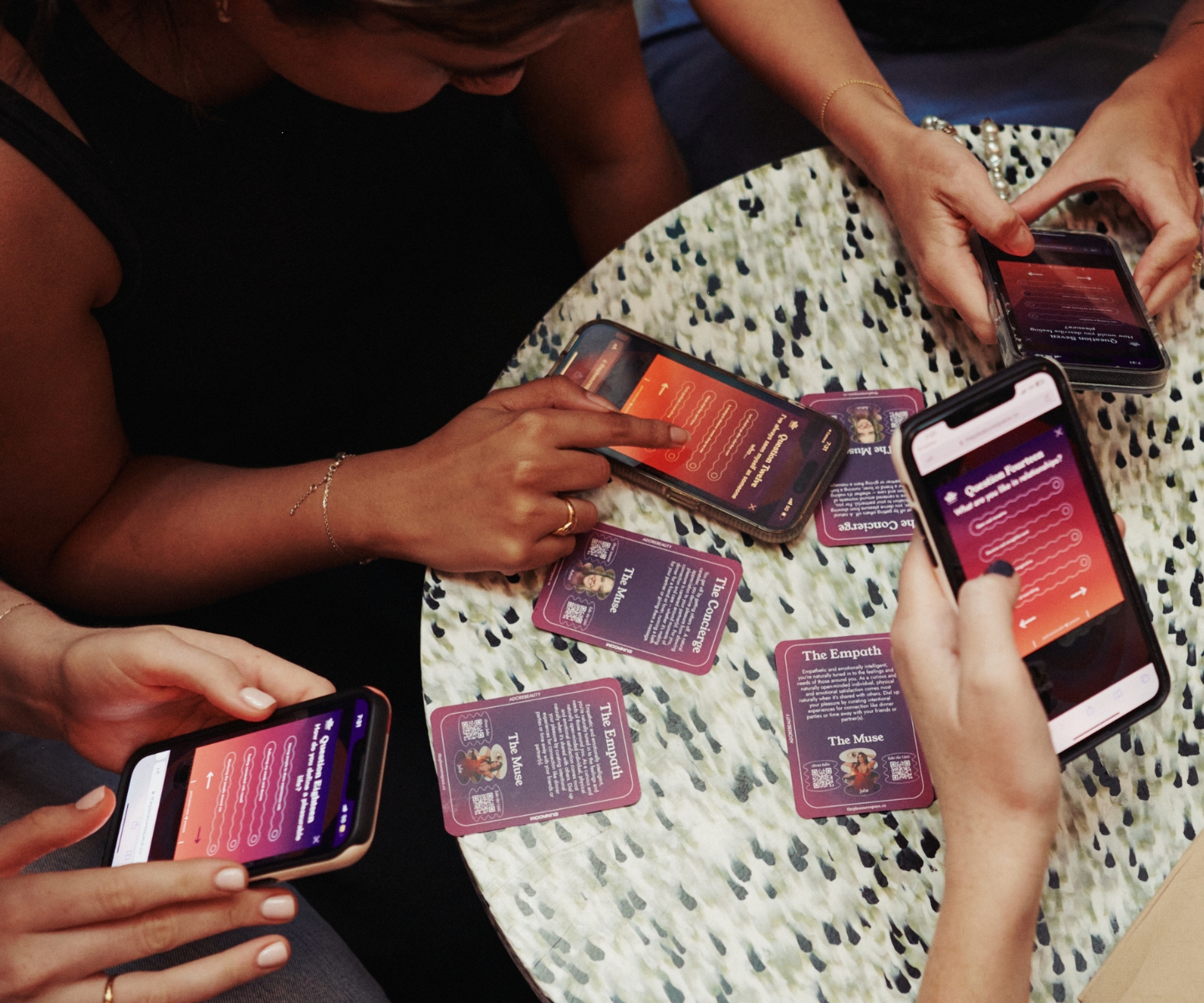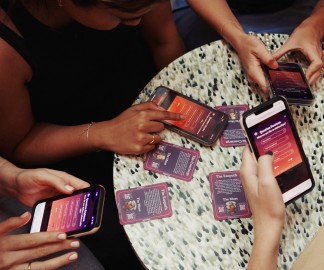What advice would you give to individuals who may feel apprehensive about exploring their own bodies?
"For those feeling apprehensive, start slow.
Particularly for folks who experience gender or body dysmorphia or have experienced sexual violence, the body can be a terrifying place to exist in.
So start with parts of your body that you feel comfortable or at least neutral about, like your hands, neck or arms, playing around with different types of touch, pace and pressure, even using moisturisers, body oils or sensory tools and paying attention to what feels good.
It’s about widening our definition of pleasure so that it’s not just focused on our genitals and rather, spending time getting to know ourselves in this new light."
Here are some sensory products to explore your self-pleasure:
The survey found 71% of responders said their views of their own sexual needs have changed significantly in the past 10 years.
What factors are driving these changes? And what do you hope to see in the next 10?
"In the past ten years, there has been this visceral shift in conversations about sex, pleasure and consent.
It’s a cumulation of the #MeToo movement, shows like Netflix’s Sex Education, sex positivity really being amplified by influencer/celebrity culture and educational content being more accessible than ever before.
We’re developing the language to have nuanced conversations about sex. We’re being exposed to diverse experiences and perspectives around sexuality, which gives us the space and permission to make informed choices.
In the next ten years, I would love to see how this trickles down into younger generations learning about their bodies, pleasure and sexuality.
I’m already seeing clients who are parents wanting to learn how to talk about positive sexuality so that their children don’t experience what they had to go through.
It’s really nourishing for me to see and imagine the ripple effects this will have on things like poor mental health, eating disorders and rates of sexual violence."
We know things like stress, anxiety and other life factors can impact our self-esteem and sexual pleasure, often removing the desire for sex completely.
What advice can you offer readers to prioritise their pleasure without feeling shame or pressure?
"I always first acknowledge that being able to prioritise pleasure without shame or pressure is a practice and for many, it’s a lifelong journey.
It’s not a one-and-done experience because we live in a society where we have to work to earn money, do laundry or raise children and other unpleasurable though necessary things.
Pleasure is not inherently productive by society’s definition of ticking things off the to-do list or earning money, and it makes it hard to disentangle shame and pleasure because there’s always going to be something more productive you could be doing with your time.





